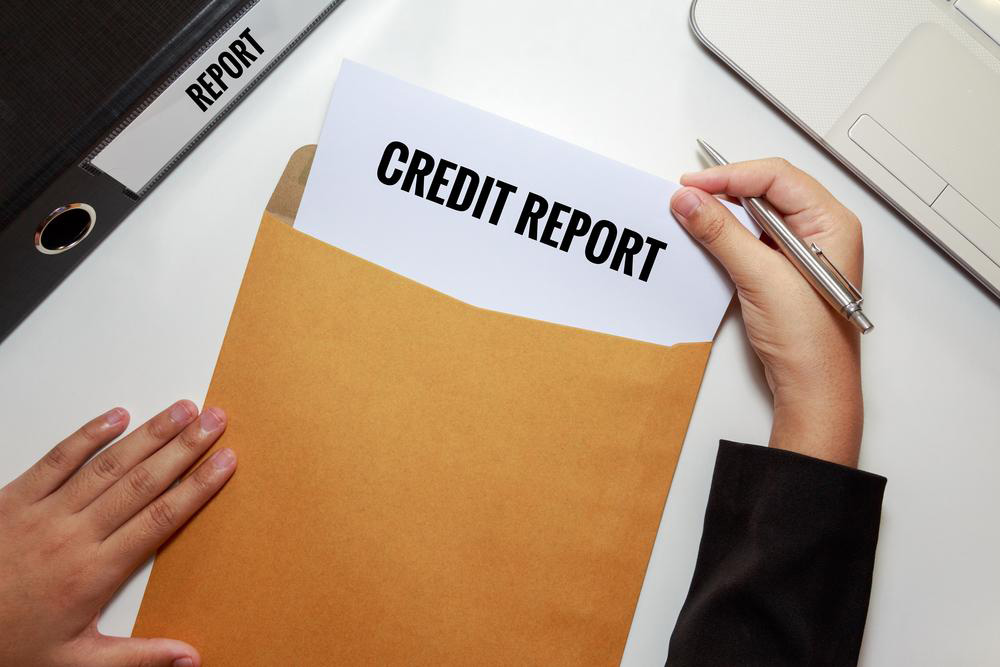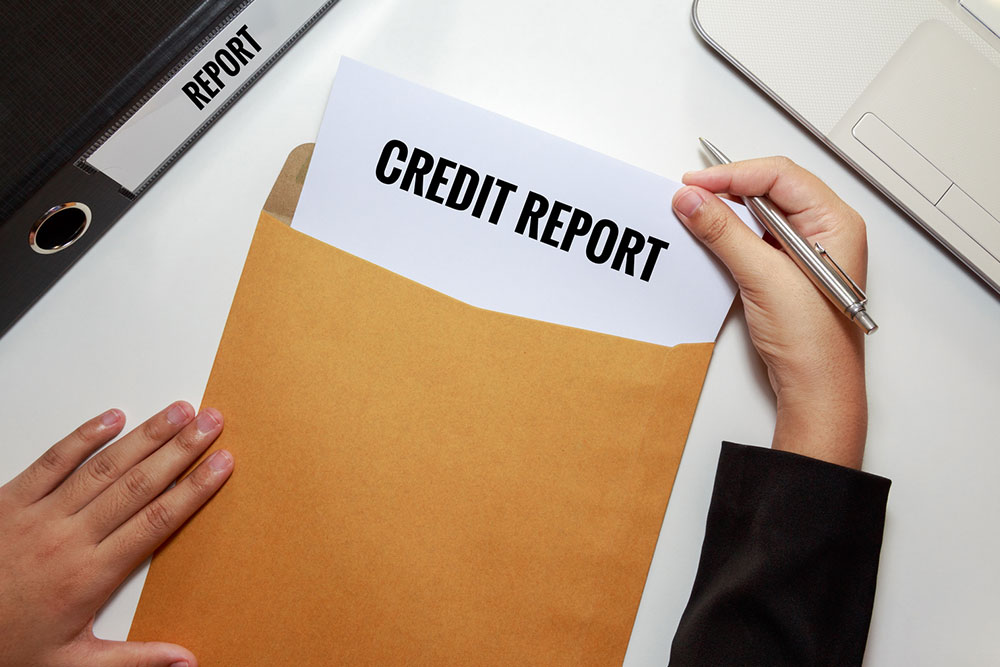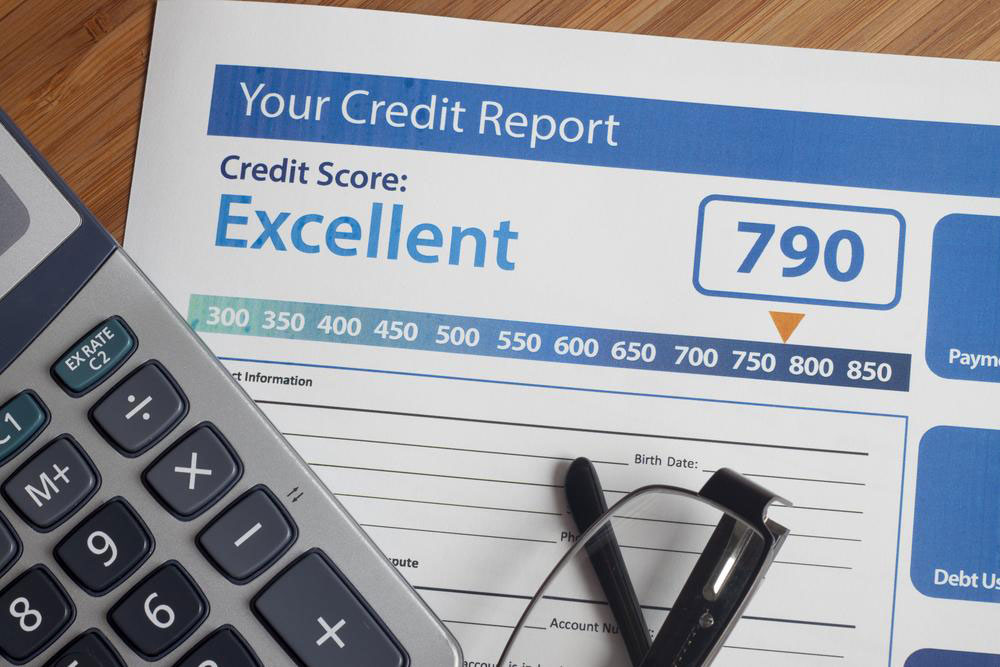Critical Warning Signs on Your Credit Report That Lenders Watch Out For
Discover the key red flags on your credit report that worry lenders, including frequent credit applications, consistent minimum payments, and cash advances. Learn how to identify and avoid these pitfalls to improve your chances of loan approval. Understand the importance of responsible credit management and get expert tips to build a strong credit profile for better borrowing opportunities. Stay informed and take control of your financial future today.

Critical Warning Signs on Your Credit Report That Lenders Watch Out For
When you apply for a loan or a new credit card, financial institutions undertake a comprehensive review of your credit report and credit score. They do this to assess your financial reliability and determine the risk involved in lending you money. A low credit score can significantly hamper your chances of approval, and even borrowers with good scores can face hurdles if certain red flags appear on their reports. It’s crucial to understand what specific entries or behaviors on your credit report can raise concerns among lenders, so you can take proactive steps to improve your credit profile and enhance your chances of securing favorable credit terms.
Multiple Credit Applications Within a Short Time Frame - When you submit several credit applications over a brief period, lenders interpret this as a sign of financial instability or desperation. This pattern suggests that you're actively seeking credit, possibly due to financial difficulties or overextension, which can make lenders wary of approving additional credit lines. Each application spurs a hard inquiry into your credit report, which temporarily reduces your credit score and conveys a message of possible financial distress. If a lender notices frequent inquiries, they may view you as a high-risk borrower and decide to decline your application. Therefore, it’s advisable to limit the number of new credit requests, especially within a short span, to maintain a healthier credit profile.
Moreover, your credit report also includes records of co-signed debts or joint accounts. If your co-borrower defaults on payments, your credit score could suffer, even if you have maintained good payment habits yourself. This interlinked liability underscores the importance of managing shared debts responsibly and understanding how co-signed loans impact your credit standing.
Regularly Making Minimum Payments - Consistently paying only the minimum amount due on your credit accounts can be a red flag to lenders. It indicates that you might be struggling to pay off your debts fully, which raises concerns about your financial stability. While making minimum payments periodically is acceptable, doing so regularly suggests that your debt levels are high compared to your income, increasing the risk of default. Lenders prefer borrowers who actively pay down their balances because it demonstrates good debt management and lowers their risk of loss.
High Frequency of Credit Inquiries - Each time you apply for credit, a lender performs a hard inquiry into your credit report. Multiple inquiries within a short interval can significantly lower your credit score and signal financial distress to current and potential lenders. Excessive hard pulls may suggest that you are desperate for credit, possibly due to urgent financial needs or ongoing financial challenges. Keeping the number of hard inquiries to a minimum is crucial for maintaining a strong credit profile and improving your chances of obtaining favorable loan conditions.
Recurrent Cash Advances on Credit Cards - Taking frequent cash advances from your credit card can be a serious red flag. It is often perceived as a sign that you are experiencing financial difficulties, such as an urgent need for cash that cannot be met through other means. Cash advances usually come with higher interest rates and fees and can rapidly increase your overall debt level. This behavior not only lowers your credit score but also reduces your likelihood of getting approved for future credit applications. Limiting cash withdrawals on credit cards and exploring alternative financing options can help maintain a healthier credit profile.
To maximize the chance of approval when applying for new credit, it’s essential to avoid these red flags. Cultivating responsible financial habits—such as paying bills on time, keeping credit utilization low, and avoiding excessive applications—will help build a robust credit history that lenders trust. Good credit takes time and disciplined effort, but the benefits include better borrowing terms, higher credit limits, and quicker approvals. Staying informed about personal finance topics and regularly reviewing your credit report allows you to spot and correct potential issues proactively, paving the way for long-term credit health.
For ongoing tips on managing your credit and financial health, follow us on Facebook and Twitter for the latest updates on personal finance, investment strategies, and credit management.





